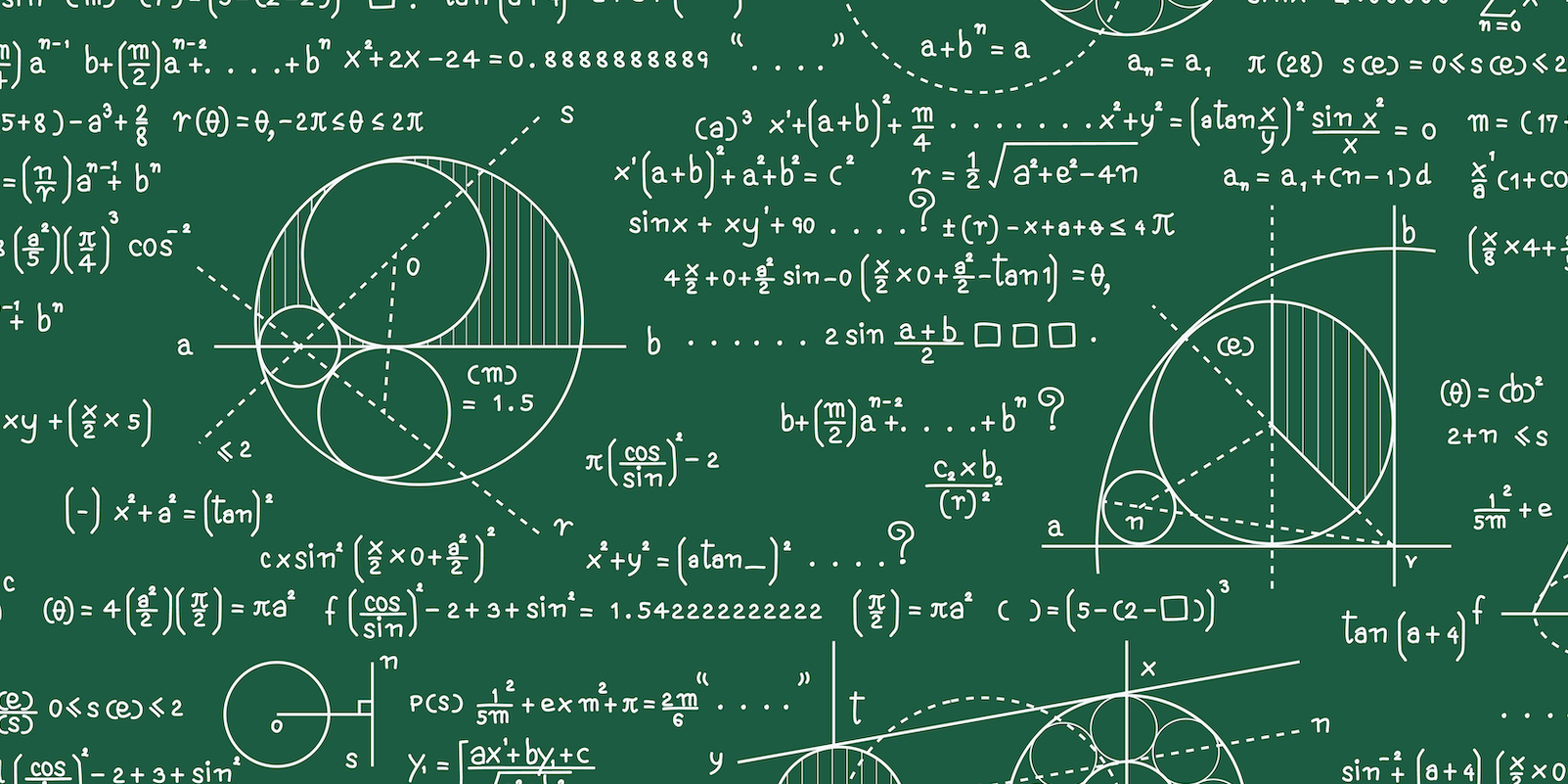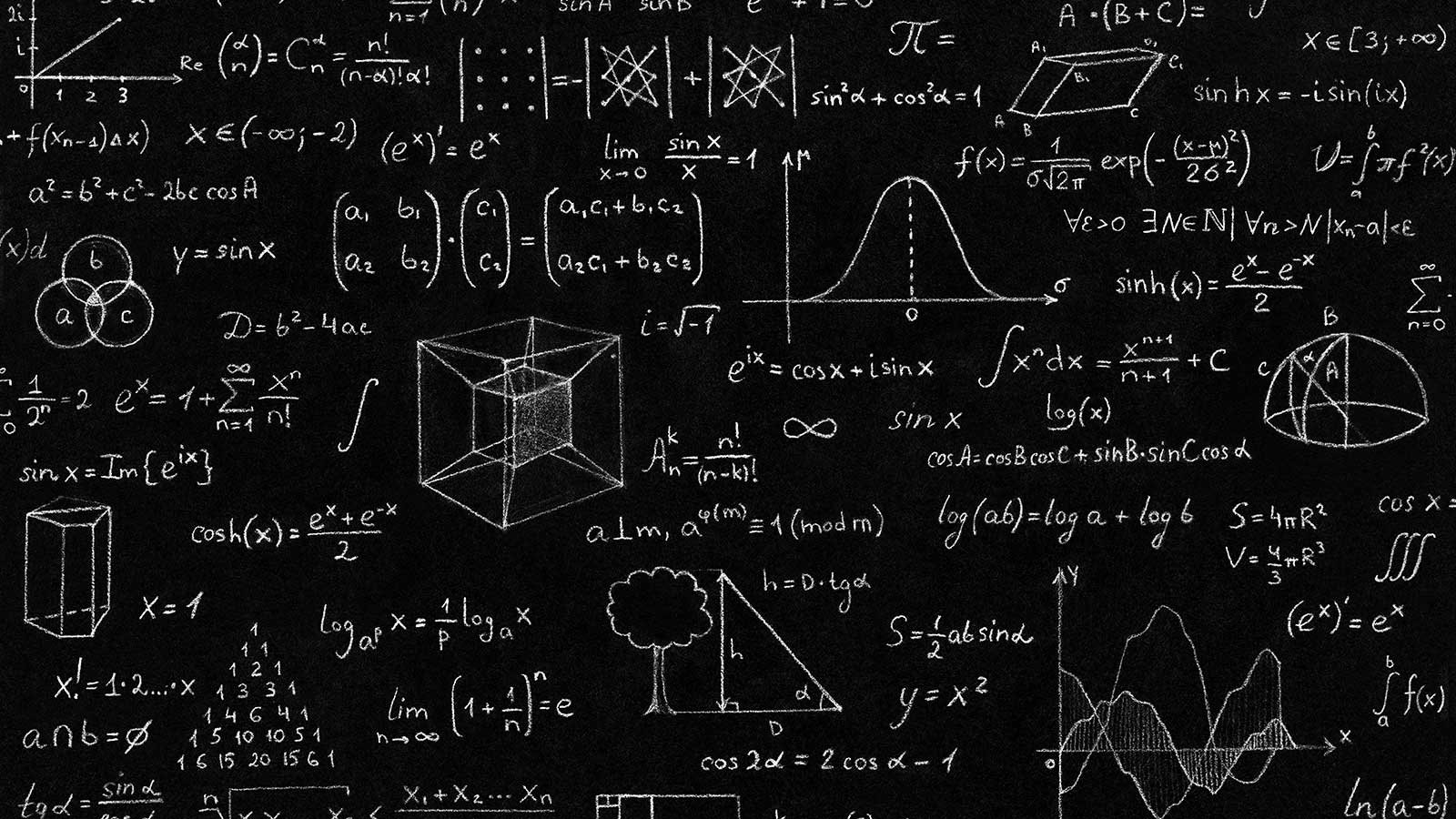
From Theory to Reality
Everything starts with physics — literally. The laws of physics governed the creation of the universe itself. But, the science is about looking forward as much as back. Physicists are leading the way toward many advances that promise to shape society tomorrow, from better solar cells to quantum computers. With a BS in Physics from Clarkson, you can play a role in bringing these technologies to life.
Why Study Physics at Clarkson?
Physicists meld science and mathematics to understand the forces that shape the universe. At Clarkson, you'll learn about mechanics, quantum theory, thermodynamics, wave motion, astrophysics, biological physics and optics — the concepts at the heart of the field.
Our 5:1 student-to-faculty ratio means you'll have the chance to work closely with faculty members, both in class and in the lab. Teamwork is a crucial aspect of the program; in your first year, you can work on a challenging group project in our Physics Team Design Lab. Working in groups of four, you'll work to predict the motion of a toy car or train.
And while our department is small, our researchers think big: you'll have access to resources typically found at much larger universities. You might peer through the 12-inch telescope at our Reynolds Observatory in an astrophysics class. Or, you could use a high-performance computing cluster to solve problems in nanotechnology, biophysics and computational modeling and simulation.
We make sure every Clarkson undergraduate gets that kind of hands-on experience. Before you graduate, you'll complete a Professional Experience consisting of an internship, research project or senior thesis.
What You'll Learn
The core physics undergraduate curriculum is 35 credit hours — leaving room for you to declare a minor or even a second major. Nearly four out of five physics majors, in fact, pursue a double major. Our physics majors take courses such as:
- Biophysics
- Electromagnetic Theory
- Experimental Physics
- Fundamentals of Modern Physics
- Intro to Astrophysics
- Nuclear Physics
- Optics
- Physical Models of Living Systems
- Quantum Physics
- Solid State Physics
- Relativity
- Theoretical Mechanics
- Thermal Physics
For more information, view the course catalog for current program requirements, course numbers and credit hours




